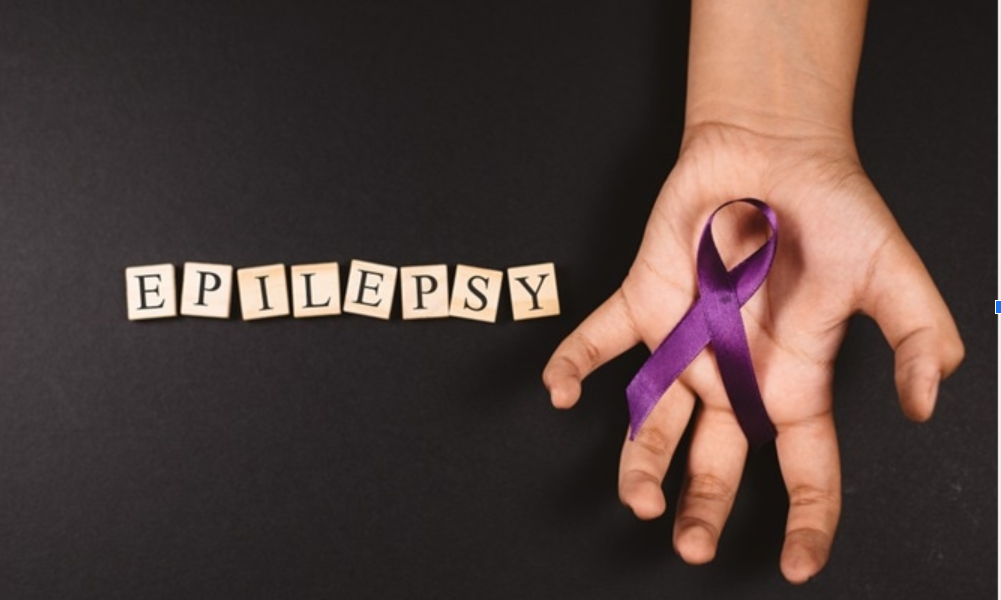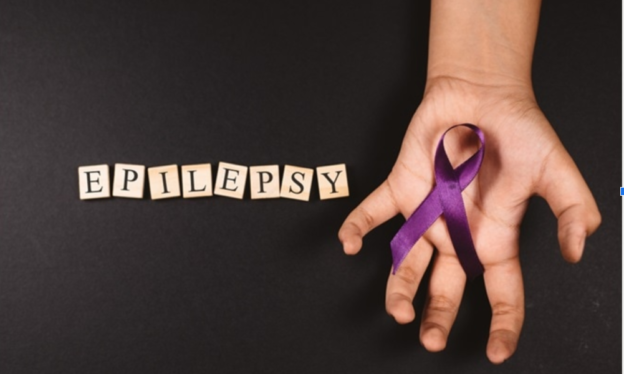EPILEPSY PRECAUTIONS AND THE BEST TREATMENT IN ANDHRA PRADESH
Do you often feel anxious?
Do you experience contraction and jerking of muscles?
Do you often lose consciousness and feel weak?
If yes, it is likely you have epilepsy. Epilepsy is a neurological disorder in which brain activity becomes abnormal, causing seizures or periods of unusual behavior, sensations, and sometimes loss of awareness. It is quite common in Andhra Pradesh.
But do not worry! Every problem comes with a solution. The issue of epilepsy can be treated by getting the best epilepsy treatment in Andhra Pradesh. Dr. Rao’s Hospital provides the best epilepsy treatment in Guntur, Andhra Pradesh. Dr. Mohana Rao Patibandla, our Medical Director, is a highly regarded neurosurgeon in Andhra Pradesh. He is one of the few neurosurgeons who has undergone training in the United States and is a neuroscience specialist and provides the best Epilepsy Treatment in Andhra Pradesh. Keep reading this article to know the treatment options offered by our top neurosurgeon in Andhra Pradesh to treat epilepsy. This article also states the precautions one should take to control seizures.
What are the treatment options available in Guntur to treat epilepsy?
Source-medcraveonline.com
Medications are usually used to treat epilepsy first. If drugs don’t work, doctors may recommend surgery or another treatment option.
Medication
The majority of people with epilepsy can get rid of seizures by using just 1 anti-seizure drug, often known as an anti-epileptic drug. Others may find that taking a combination of drugs reduces the intensity and frequency of their seizures.
Children with epilepsy who do not have symptoms of epilepsy can eventually stop taking their drugs and live a life free of seizures. After 2 or more years of being seizure-free, many adults can stop taking their medications. Your neurosurgeon in Guntur will let you know when is the right time to discontinue your drugs.
It can be challenging to find the right drug and dosage. When deciding which medicine to prescribe, our neurosurgeon in Guntur will evaluate your condition, your age, the frequency of your seizures, and other considerations. Our experienced neurosurgeon will also go over any other medications you’re taking to make sure they don’t interact with the anti-epileptic drugs.
Your doctor would most likely start you on a single medicine at a low dose and progressively raise the dosage until the seizures are under control.
There are about 20 different anti-seizure drugs on the market. The type of epilepsy medicine prescribed by your doctor is determined by the kind of seizures you have and other criteria like your age and other medical conditions.
Follow these measures to get the most excellent seizure control possible with medication:
·Follow the directions on your prescription carefully.
• Before switching to a generic version of your medication or using other medicines, over-the-counter drugs, or herbal therapies, always consult your doctor.
• Do not discontinue your medication without first consulting your physician.
• If you detect new or increasing thoughts of suicide and depression or experience changes in your behavior or mood, contact your doctor right away.
• If you suffer from migraines, tell your doctor. Your doctor may prescribe Anti-epileptic drugs to treat epilepsy and prevent migraines.
With initial medication, at least 50% of persons newly diagnosed with epilepsy will be seizure-free. If anti-epileptic meds aren’t working, our neurosurgeon may recommend surgery or some other treatments. Regular follow-up appointments will be scheduled to monitor your medications and condition.
Surgery
When medicine fails to keep seizures under control, surgery can be a helpful alternative. Our neurosurgeon in Guntur removes the part of your brain that causes seizures during epilepsy surgery.
Surgery is frequently performed when examinations reveal that:
• The source of your seizures is a limited, well-defined area of your brain.
• The operation site in your brain does not interfere with essential functions, including language, speech, vision, hearing, or motor function.
When an open operation is too hazardous for some kinds of epilepsy, minimally invasive techniques like MRI-guided stereotactic laser ablation may be a useful therapeutic option. In these procedures, our neurosurgeons use a thermal laser probe to damage the tissue in the brain that causes seizures to manage the seizures better.
Therapies
Stimulation of the vagus nerve:
Doctors implant a device called a vagus nerve stimulator beneath the skin of your chest, similar to a heart pacemaker, in vagus nerve stimulation. The vagus nerve in your neck is attached to wires from the stimulator.
The battery-operated device sends electrical energy bursts to your brain via the vagus nerve. It’s unclear how this gadget prevents seizures; however, it can usually decrease seizures by twenty to forty percent.
Ketogenic diet:
The ketogenic diet is a high-fat, low-carbohydrate diet. The body burns down fats instead of carbohydrates for energy with a ketogenic diet. Some children with epilepsy have reduced their seizures by adhering to a rigorous low-carbohydrate, high-fat diet.
Deep brain stimulation:
Deep brain stimulation involves the implantation of electrodes into a specific area of the brain, usually the thalamus. The electrodes are attached to a generator that is surgically placed in your chest. The generator provides timed electrical pulses to your brain regularly, which may help to lessen your seizures. This therapy is frequently used to treat persons who have seizures that do not respond to medicines.
Responsive neurostimulation:
These pacemaker-like devices, which can be implanted, can help significantly reduce the number of seizures that occur. These devices scan brain activity patterns to identify seizures early on and provide an electrical charge or a medication to end the seizure before it leads to any harm. According to research, this therapy appears to have fewer side effects and can lead to long-term relief from seizures.
Now, let us discuss the precautions to control seizures.
What are some of the precautions to control seizures?
Some of the precautions to control seizures are as follows-
- Good compliance with medications
- Following a proper sleep schedule
- Avoid alcohol
The best neurosurgeon in Andhra Pradesh advises epilepsy patients with severe and uncontrolled seizures to take the following precautions-
- Avoid driving
- Avoid unsupervised swimming
- Avoid high impact sports activities
So, now is the time to tell the problem of epilepsy goodbye by getting the best solution for epilepsy at our renowned hospital in Guntur.
We are the key to the door of neurological solutions. We help you access the best solutions to all your neurological problems. At our hospital in Guntur, we have effective and the best solutions for treating all your neurological issues.
So, what are you waiting for?
Visit Dr. Rao’s Hospital in Guntur, Andhra Pradesh now! You are just a visit away from the solution to your epilepsy problem or other neurological problems!


